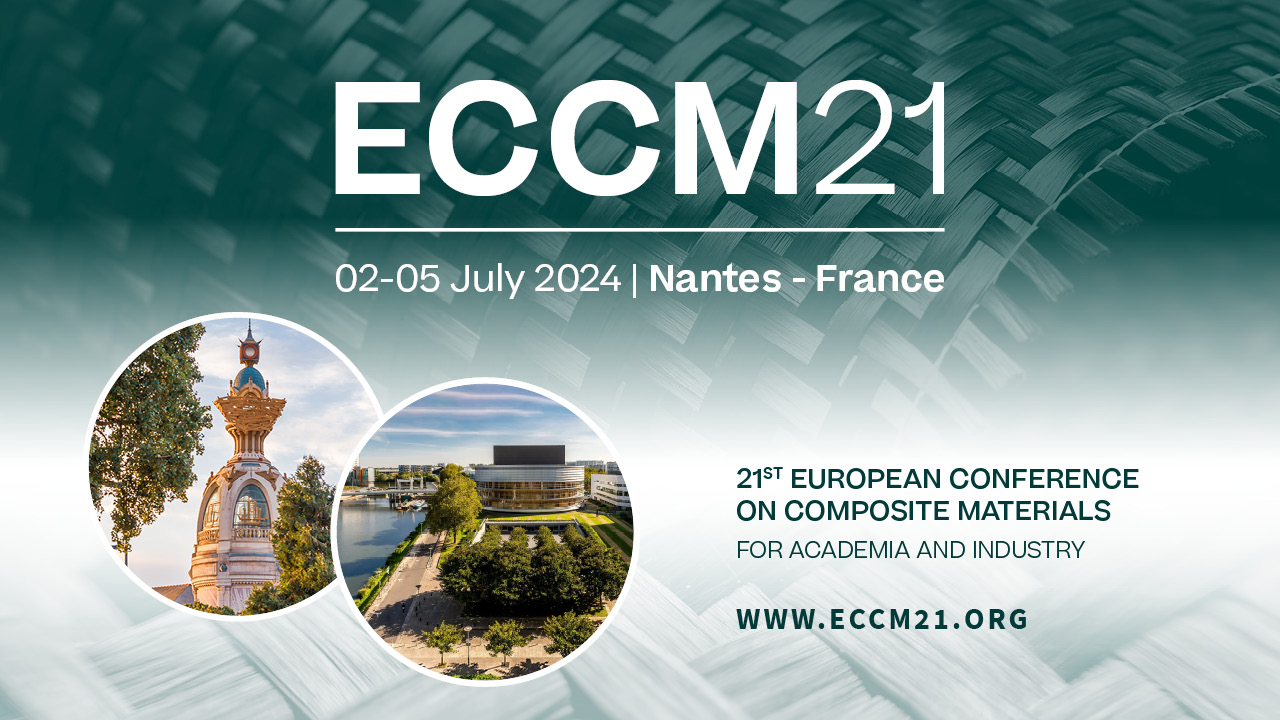Development of an innovative lightweight suspension arm based on Thermoplastic Resin Transfer Molding (T-RTM) for electrical vehicle.
Topic(s) : Industrial applications
Co-authors :
Elena RODRÍGUEZ-SENÍN (SPAIN), Mario ROMÁN , Tania GRANDAL (SPAIN), Cristian BUILES (SPAIN), Salvatore SOTTILE , Miguel LIZARANZU , Francisco SERRANO (SPAIN), Manuel LASPALAS (SPAIN), Agustin CHIMINELLI (SPAIN)Abstract :
EU industries are facing a major challenge as they are being forced to fulfil a wider, and ever increasing, range of environmental regulations1. In this sense automotive sector is considered critical as it has been identified as the second highest source of CO2 emissions2. Therefore, at present, low emitting vehicles have been pushed toward the top of automakers’ priority lists, position that had been held for the last years driving innovations in this field. In consequence, electrical vehicles (EVs) sales in the European Union have been evolving rapidly with a huge potential for growth. To accomplish this goal, lightweight is an indispensable feature in automotive applications in general, but specially in EV application since it contributes to improve vehicle efficiency in terms of kWh consumed per km and vehicle range (kms with a full battery cycle). Fibre reinforced polymers (FRPs) are lightweight structural materials broadly used in the automotive sector, mainly in sportive and high-end luxury cars. However, cost- and production efficiency, as well as end-of-life (EOL) management are still challenges to be addressed for their introduction on the remaining low-cost car segments, so there is an existing industrial gap for the mass production of FRPs that could be applied to low-cost vehicle production, contributing to reduce the costs of production of EVs. LEVIS (“Advanced Light materials for sustainable Electrical Vehicles by Integration of eco-design and circular economy Strategies”) aims to develop lightweight components for electric vehicles using eco-design and circular approaches demonstrating the technical and economic feasibility of producing real-case demonstrators at a large scale. This work is focused on a suspension arm demonstrator using non-Crimp fabric carbon fiber and acrylic thermoplastic resin (Elium®) on a Thermoplastic Resin Transfer Molding process. Several aspects including permeability, curing monitoring based on dielectric and fiber optic sensors and the resulted porosity have been studied to obtain the adequate parameters of the process and the interaction between resin and fiber. To establish a proper injection strategy, the filling process has been studied using RTM simulation tools. Also, mechanical properties, as tensile, compressive and shear strength, have been tested to stablish the material quality and how the process parameters affect the mechanical performance. Finally, a real size demonstrator has been produced to demonstrate the industrial viability of the innovative concept.

